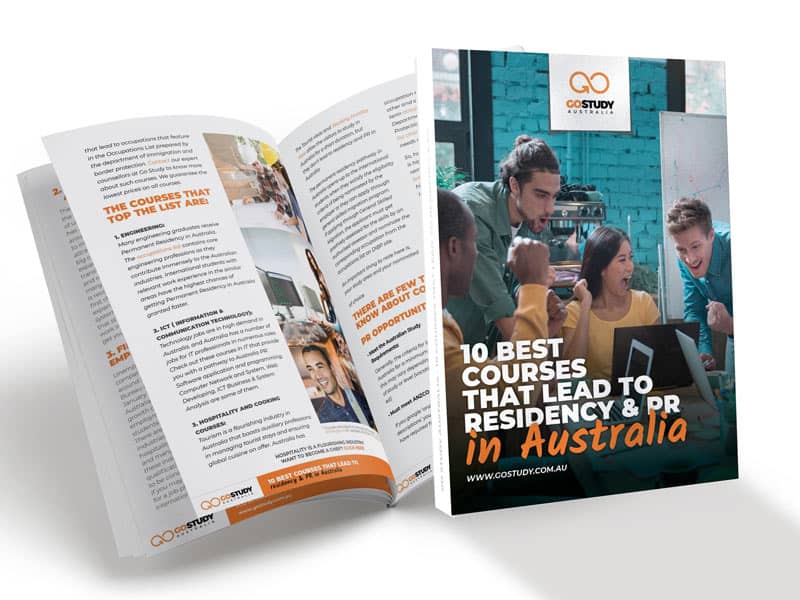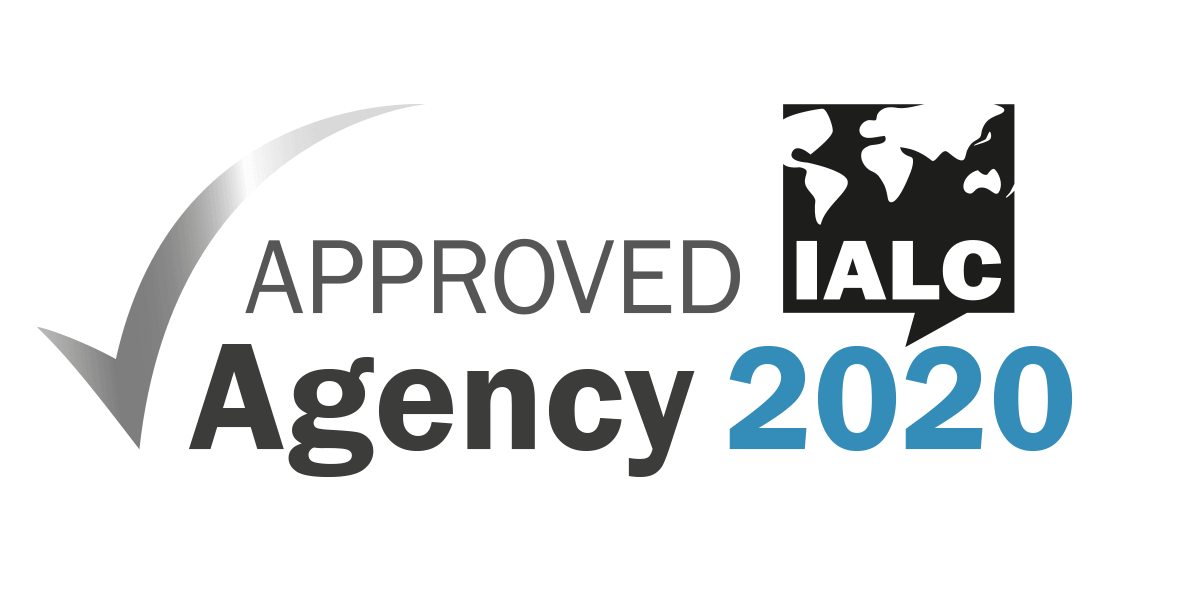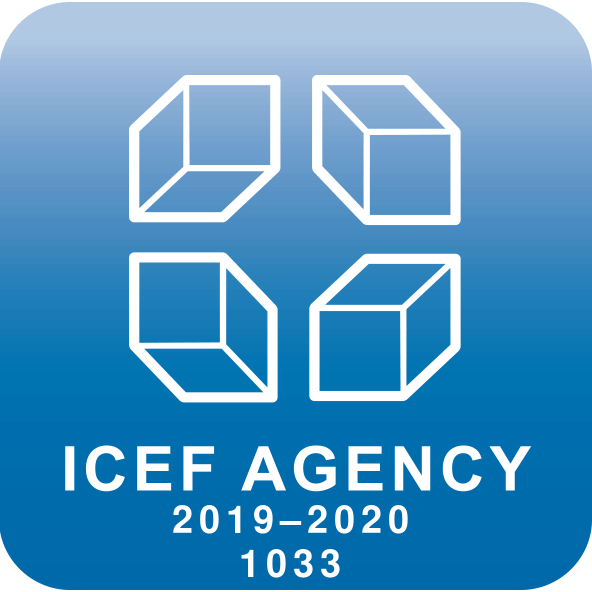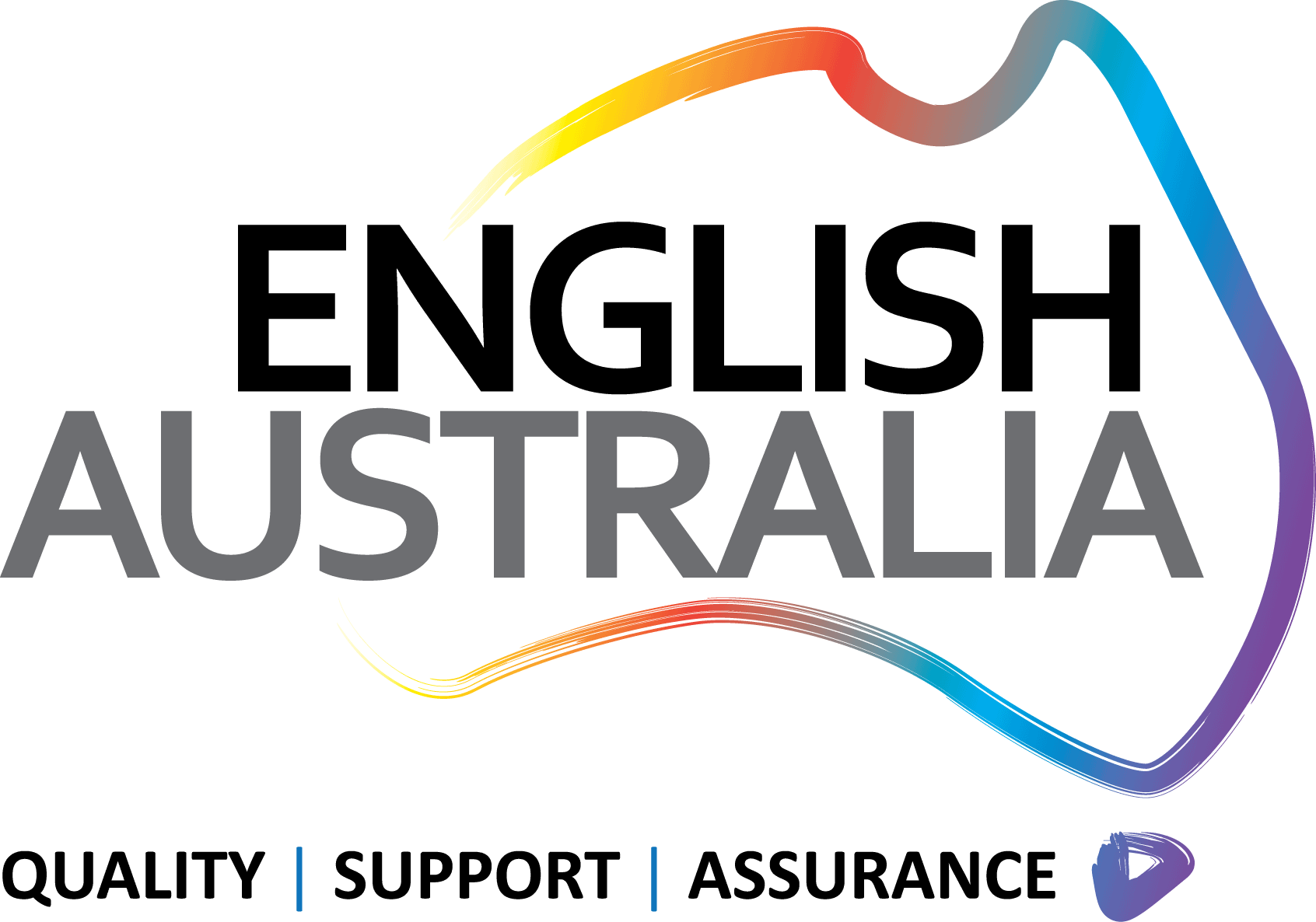Sponsorship is where your employer becomes a sponsor, offering a work contract for you to stay in Australia, linking the employee’s stay to a work visa. This makes you eligible for a Sponsorship Visa.
The Sponsorship Visa is currently referred to as the Temporary Skills Shortage (TSS). This visa gives you the opportunity to link your stay in Australia to a temporary employment contract and is divided into two streams: one short term and one long term.
Short-Term Skilled Occupation List (STSOL)
If your profession is on this list, you can get a two-year sponsor, with the possibility to renew for another two years. Note that this does not lead directly to a permanent stay. STSOL comprises about 270 professions.
Medium & Long Term Strategic Skills List (MLTSSL)
The professions included in this list are the most sought after in Australia and allow you to obtain a Sponsorship Visa of up to four years. You can renew this several times, and it can lead to permanent residence in Australia after three years. This list includes about 180 professions.
The lists are updated every six months according to the needs of the Australian labour market.
Sponsorships are usually offered only after an employer has been able to assess and appreciate the professional and personal qualities of an employee.
To apply for a sponsorship visa, you must demonstrate a minimum language level through the recognized certifications (IELTS, OET, TOEFLT, iBT, PTE Academic Test, CAE). GO STUDY is supported by immigration agents in Australia who can help you apply for this visa. Contact us for a free personalized consultation.
DOWNLOAD OUR FREE EBOOK
The Australian Visa complete Guide
Visa options can be confusing. Read our free eBook, be aware of all opportunities and choose the best strategy for you!

OTHER SPONSORSHIP VISAS IN AUSTRALIA
In addition to the Temporary Skills Shortage (a temporary Sponsorship Visa), there are two other types of visas that allow you to stay in Australia, thanks to a permanent employment contract. These are:
ENS – EMPLOYER NOMINATION SCHEME (SUBCLASS 186)
This is a permanent Sponsored Business Visa that progresses from a Sponsor Visa to a permanent stay.
Since July 2017, the maximum age for applying for this visa is 45 years of age. The applicant for this visa must also be able to demonstrate three years’ experience in a profession, which is to be included in MLTSSL. An assessment of one’s qualifications by the respective Australian body (e.g., the Australian Computer Society for computer scientists or Engineers Australia for engineers) is also required.
Language requirement: A score of IELTS 6.0 or equivalent is required.
RSMS – REGIONAL SPONSORED MIGRATION SCHEME (SUBCLASS 187)
This visa is linked to professions required in regional Australian areas. Where are these regional areas? They are areas that cover most Australian territory:
- South Australia
- Tasmania
- Australian Capital Territory
- Northern Territory
- Western Australia, excluding the city of Perth
- Victoria, excluding Melbourne and its surroundings
- New South Wales, excluding Sydney, Newcastle and Wollongong
- Queensland, excluding Brisbane and the Gold Coast
This visa was not greatly influenced by the change in the lists, as was the case for 186 and 457. There are more professions available, as regional lists are broader than MLTSSL. Compared to 186, recognition of one’s qualifications is not always necessary. This applies, for example, to professions identified as trades (e.g., chef, painter, mechanic, carpenter, plumber, etc.). However, three years of demonstrable experience in the profession is required and like the ENS, there is an age limit of up to 45 years.
Language requirement: to apply for this visa, you must demonstrate a good knowledge of English – equivalent to a score of IELTS 6.0 or equivalent certificate.
It, therefore, seems essential for each of these visas to have an excellent knowledge of the English language and a certification to show this. Starting your Australian journey with an English language course is always a good idea, to give you that extra boost for your future.




